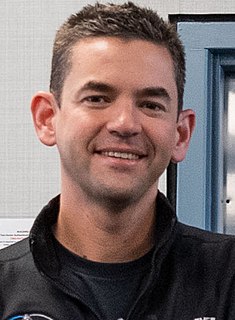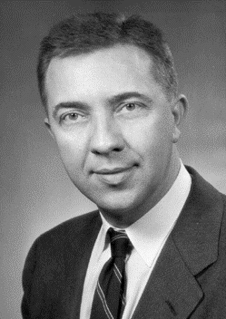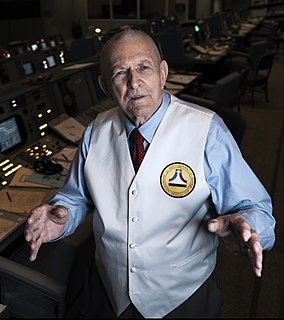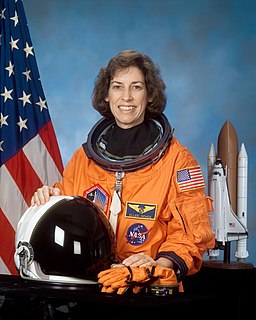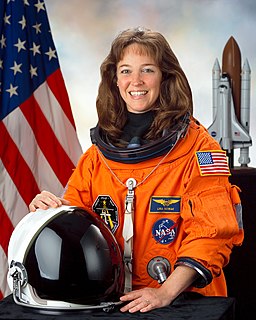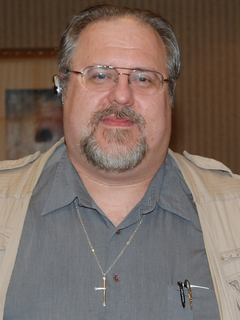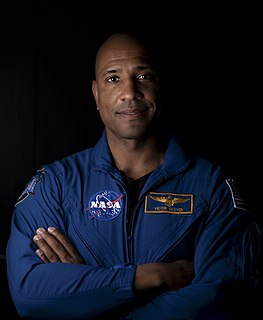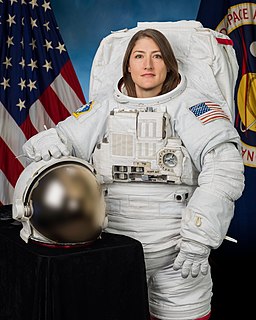Top 59 Spaceflight Quotes & Sayings
Explore popular Spaceflight quotes.
Last updated on April 14, 2025.
I find myself now preaching about the golden age of manned spaceflight, because something went on there, within us, that we’re missing. When we went to the Moon, it was not only just standing on a new plateau for all mankind. We changed the way everybody in the world thought of themselves, you know. It was a change that went on inside of us. And we’re losing that.
My position is that it is high time for a calm debate on more fundamental questions. Does human spaceflight continue to serve a compelling cultural purpose and/or our national interest? Or does human spaceflight simply have a life of its own, without a realistic objective that is remotely commensurate with its costs? Or, indeed, is human spaceflight now obsolete?
Spaceflight will never tolerate carelessness, incapacity, and neglect. Somewhere, somehow, we screwed up. It could have been in design, build, or test. Whatever it was, we should have caught it. We were too gung ho about the schedule and we locked out all of the problems we saw each day in our work. Every element of the program was in trouble and so were we. The simulators were not working, Mission Control was behind in virtually every area, and the flight and test procedures changed daily.
We need to be very thoughtful about how we propose to spend the money that NASA does have for space exploration. And we need to be clear that there's the human spaceflight part of NASA, and there's the science space part of NASA, and there's also aeronautics. Those are all very different things that NASA does.
I'm really hopeful about the future of space exploration and human spaceflight. Civilization as we know it has been defined by exploration. You know, we need to go off and find out what's around the next corner and what's just beyond what we already know. It's part of our being; it's part of our moral fiber to go off and explore.
I’m struck again by the irony that spaceflight-conceived in the cauldron of nationalist rivalries and hatreds-brings with it a stunning transnational vision. You spend even a little time contemplating the Earth from orbit and the most deeply engrained nationalisms begin to erode. They seem the squabbles of mites on a plum.
Everyone who's been in space would, I'm sure, welcome the opportunity for a return to the exhilarating experiences there. For me, a flight in a shuttle, though most satisfying, would be anticlimactic after my flight to the moon. Plus, if I pursued a flight myself, people would think that was the reason I am trying to generate interest in public spaceflight. And that's not the purpose - I want to generate interest in long-range space exploration.
In a dispassionate comparison of the relative values of human and robotic spaceflight, the only surviving motivation for continuing human spaceflight is the ideology of adventure. But only a tiny number of Earth's six billion inhabitants are direct participants. For the rest of us, the adventure is vicarious and akin to that of watching a science fiction movie. At the end of the day, I ask myself whether the huge national commitment of technical talent to human spaceflight and the ever-present potential for the loss of precious human life are really justifiable.
There's a tremendously satisfying freedom associated with weightlessness. It's challenging in the absence of traction or leverage, and it requires thoughtful readjustment. I found the experience of weightlessness to be one of the most fun and enjoyable, challenging and rewarding, experiences of spaceflight. Returning to Earth brings with it a great sense of heaviness, and a need for careful movement. In some ways it's not too different from returning from a rocking ocean ship.
I think the only way that the U.S. human spaceflight program is going to get really revitalized, really put sort of an Apollo level push on it, is if some other country, perhaps China, were to actually have a landed flight to the moon and brought back our American flag and put it in Tiananmen Square.
